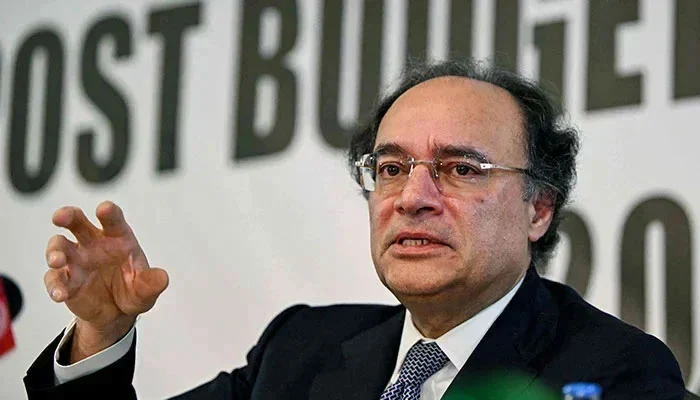ISLAMABAD: Finance Minister Muhammad Aurangzeb on Friday endorsed the proposal to raise the retirement age from 60 to 62 years as part of efforts to address the country’s growing unfunded pension liabilities.
Speaking during a meeting of the Senate Standing Committee on Finance, chaired by Senator Saleem Mandviwalla, Aurangzeb acknowledged that the pension burden was mounting unsustainably. He emphasized the urgency of reform, citing the implementation of a Defined Contributory Pension scheme for civilian employees introduced last year.
Pakistan Peoples Party (PPP) Senator Farooq H. Naek put forward the recommendation to increase the retirement age, arguing that extending the service tenure of experienced individuals could help reduce the pension load. “If we can raise the retirement age for judges, then why not for bureaucrats?” he asked.
Senator Anusha Rahman also advocated for a more ambitious revision, suggesting that the retirement age could be extended to 65 or even 70 years. In response, Minister Aurangzeb shared his experience from the private sector, noting that during his time in the banking industry, retirement age had been increased to 65.
However, a Ministry of Finance official cautioned that adjusting the retirement age may have limited fiscal impact. A significant portion of the pension bill, the official noted, is attributed to early retirements in the armed forces, which would remain unaffected by this change. According to budget figures presented, Rs510 billion has been earmarked for special military packages in FY 2025-26, up from Rs463 billion in the current year.
Senator Faisal Vawda also weighed in, highlighting structural challenges posed by the National Finance Commission (NFC) award, which he said hampers federal budgetary planning. He criticized the requirement for buyers to obtain certification from the Income Tax Commissioner before purchasing property and urged the government to eliminate the 7E provision in the upcoming budget. Vawda also called for equal incentives for both property buyers and sellers.
On the contentious issue of agricultural taxation, Finance Minister Aurangzeb expressed determination to move forward. “Previously, the argument was that agricultural income couldn’t be taxed. Now they claim it can’t be collected. We are committed to collecting it — just give us the opportunity,” he said. He added that provincial governments are expected to begin collecting agricultural income tax from July 1, 2025.




